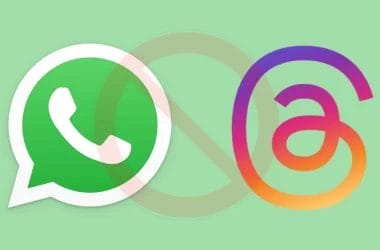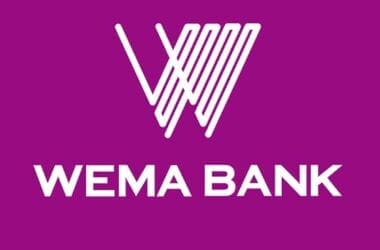 The Broadband Investment Plan for the next five years (2013 – 2018) for Nigeria was recently released by the federal government. With the plans’ release, President Goodluck Jonathan of Nigeria also officially commissioned the implementation of the country’s national broadband policy.
The Broadband Investment Plan for the next five years (2013 – 2018) for Nigeria was recently released by the federal government. With the plans’ release, President Goodluck Jonathan of Nigeria also officially commissioned the implementation of the country’s national broadband policy.
The policy was drafted by the Presidential Committee for a National Broadband Strategy and Roadmap chaired by former Nigerian Communications Commission Chairman, Dr Ernest Ndukwe and Visafone Chairman and Zenith Bank Founder, Mr Jim Ovia.
The President expressed his confidence in the successful implementation of the plan including its target to achieve 80 percent nationwide Internet coverage by 2018.
According to President Goodluck Jonathan:
It has been empirically proven that every 10% increase in broadband penetration in developing
countries results in a commensurate increase of 1.3% in GDP. The most credible statistics on
broadband penetration estimate that Nigeria’s broadband penetration is between 4% and 6%,
further underscoring the need for Nigeria to give strategic importance to the development of
broadband infrastructure.
Speaking on the drafted Broadband Investment Plan, Nigeria’s Minister of Information & Communications Technology, Mrs. Omobola Johnson said:
In meeting with industry leaders, the message is clear that we need to assist the Private Sector in driving pervasive access to Broadband. But then, the Private Sector must also deliver not just on basic reach and penetration, but also on Quality of Service. It is only in doing this that all Nigerians will truly feel the positive impact and benefit of Broadband.
The Vision
According to the Nigerian Government, the broadband vision for Nigeria is one of a society of connected communities with high speed internet and broadband access that facilitate faster socioeconomic advancement of the nation and its people.
To the Government, Broadband within the Nigerian context is defined as an internet experience where the user can access the most demanding content in real time at a minimum speed of 1.5 Mbit/s. The Government anticipates that the definition will be revised upwards regularly to keep in line with future developments in technology.
Goals and Objectives
According to the Government, the key objectives of the Nigerian National Broadband Plan are:
- to promote pervasive broadband deployment
- to increase broadband adoption and usage
- to ensure availability of broadband services at affordable prices
Open Data
The Government in its plan has mandated that all federal agencies within two years make their public information and services to Nigerian citizens available online.
Cybercrime
The plan also mandated that the country’s laws would be upgraded to cover new areas such as electronic transactions, e-commerce and cyber security to keep up with the growing cases of Cybercrime, copyright infringement and identity theft.
Affordability
The Government in its plan reiterated its commitment to lower device costs by reducing or eliminating import duties and other taxes as appropriate and embark on programs that are geared towards making broadband more affordable.
Awareness
To promote awareness about the benefits of broadband in the country, the Nigerian Government stated its commitment to launch intensive nationwide awareness campaigns to educate the citizenry about the value of broadband services, to introduce digital literacy education and training programs leveraging the community access centres established across the country as well as incorporate such programs into primary and secondary education.
To download the Nigerian Broadband Investment Plan, visit the Federal Ministry of Communication Technology’s website here.
Source: CP-Africa





